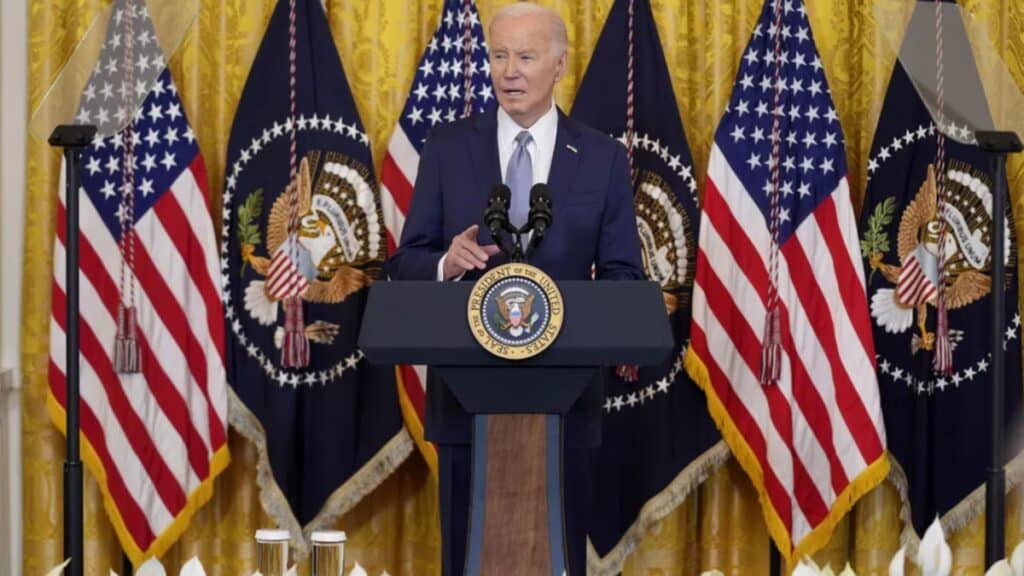Last week, the opposition activist Alexei Navalny passed away in an Arctic penal colony, coinciding with the second anniversary of Russia’s invasion of Ukraine. In response, the United States and the European Union imposed additional sanctions on Russia.
The US government implemented approximately 600 new sanctions, marking the most extensive set of penalties since Russia’s invasion of Ukraine on February 24, 2022. These sanctions target Russia and its military apparatus. Simultaneously, the European Union imposed sanctions on foreign companies, alleging their involvement in exporting dual-use goods to Russia for potential use in the conflict against Ukraine. The EU also directed sanctions towards Russian officials, including judiciary members and local politicians, accused of participating in the illegal deportation and military re-education of Ukrainian children.
The sanctions were explicitly issued in response to Russian President Vladimir Putin’s aggressive war and Navalny’s death. President Joe Biden emphasized the United States’ commitment to ensuring consequences for Putin’s actions both abroad and domestically.
However, it remains uncertain whether these sanctions, like their predecessors, will effectively deter Putin. The latest round of sanctions, in particular, includes measures against three Russian officials connected to Navalny’s death, barring them from traveling to the US and restricting access to US-owned property. Yet, these actions are seen as largely symbolic, given that these officials are unlikely to have ties to the West through travel, assets, or family.
White House national security spokesman John Kirby hinted at further actions related to Navalny’s death, indicating that the current sanctions are just the beginning, and more measures can be expected in the future.
